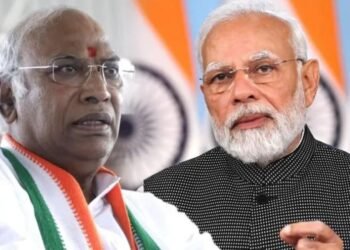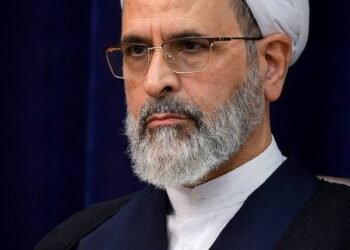The much-awaited Maharashtra Cabinet expansion unfolded with a diverse roster of leaders taking the oath in Nagpur. BJP stalwarts, Shiv Sena loyalists, and NCP representatives marked their entry, while notable absences sparked speculation.. The reshuffle highlights the alliance’s efforts to strike a balance between governance and political representation
.BY PC Bureau
Several heavyweight leaders from the previous Shinde-led government were excluded from the new Maharashtra Cabinet. Notable among them are NCP’s Chhagan Bhujbal and Dilip Walse Patil, Shiv Sena’s Deepak Kesarkar and Abdul Sattar, and BJP’s Sudhir Mungantiwar and Ravindra Chavan.
In contrast, new faces were sworn in during the oath-taking ceremony in Nagpur. BJP leaders Chandrashekhar Bawankule, Radhakrishna Vikhe Patil, Ashish Shelar, Chandrakant Patil, and Girish Mahajan took the oath.
Women leaders made their presence felt in the male-dominated arena, with four women ministers taking oath: BJP’s Pankaja Munde, Madhuri Misal, Meghana Bordikar, and NCP’s Aditi Tatkare. Their induction is being viewed as a step toward greater representation, though much remains to be seen.
Among the ministers of State were BJP’s Meghana Bordikar, Madhuri Misal, and Pankaj Bhoyar; NCP’s Indranil Naik; and Shiv Sena’s Ashish Jaiswal and Yogesh Kadam.
From the Shiv Sena, Dada Bhuse, Shambhuraj Desai, and Uday Samant joined the Cabinet, while the NCP contingent included Manikrao Kokate, Dhananjay Munde, and Hasan Mushrif.
Portfolio Allocations and Delayed Expansion
Sources reveal that key portfolios such as Urban Development, Housing, and Industries have been allocated to the Shiv Sena. The BJP retained a substantial share of ministerial positions, while the inclusion of NCP leaders reflects the coalition’s effort to maintain broader representation.
Despite the expansion, the Mahayuti alliance faced criticism from the opposition for delaying the announcement of the Cabinet lineup, even though it commands a clear majority. The new Cabinet was finalized 10 days after Devendra Fadnavis took office as Chief Minister for the third time, accompanied by two deputy chief ministers.
The reshuffle signals the coalition’s intent to balance power-sharing among its partners while addressing public and opposition concerns over governance delays.














